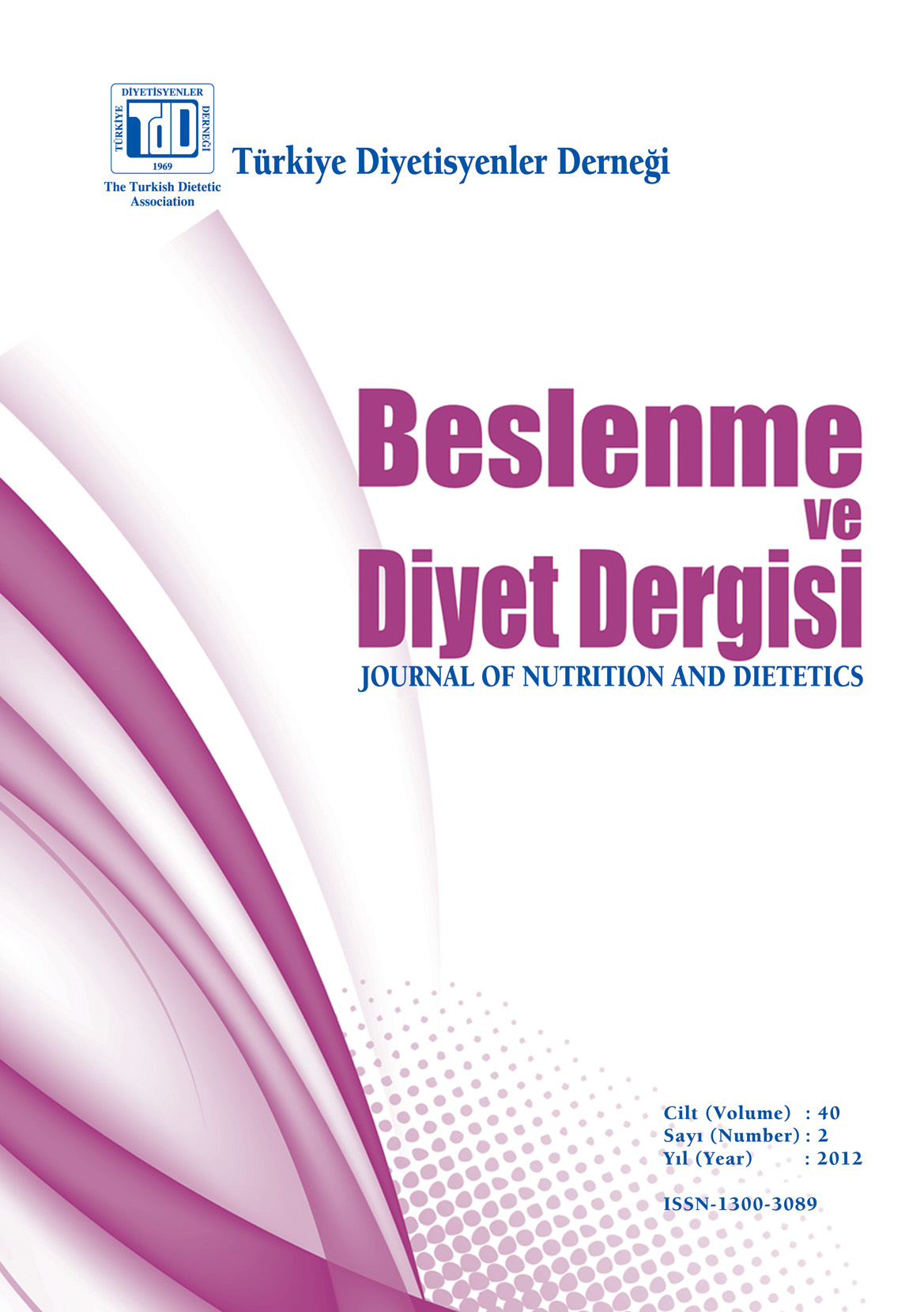Inhibition or Reduction of Heterocyclic Aromatic Amines Formation
Keywords:
Heterocyclic aromatic amines, meat, cooking, antioxidantsAbstract
Heterocyclic aromatic amines (HCAs) are potent mutagens/carcinogens at ppb (part per billion) levels in cooked foods and play an important role in the etiology of human cancer. Mutagenic and/or carcinogenic HCAs have been found in meat and fish cooked at temperatures over 150°C and first discovered by Japanese scientist Sugimura in 1977. Up to date more than 25 HCAs have been isolated and identified in cooked meat and meat products. HCAs can be classified into two main groups called IQ-type HCAs or aminoimidazoazaarenes and non IQ-type HCAs or amino-carbolines. IQ-type HCAs are formed by heat induced non enzymatic browning known as Maillard reaction which involves creati(ni)ne, amino acid and sugars whereas amino-carbolines are mainly formed by pyrolysis of amino acids and proteins at higher temperatures above 300°C. After evaluations based on high dose, long term animal studies and in vitro and in vivo genotoxicity tests The International Agency for Research on Cancer (IARC) regards one as a probable human carcinogens class 2A (2-amino-3-methylimidazo[4,5-f]quinoline (IQ),) and some of the HCAs as possible human carcinogens class 2B (2-amino-3,4-dimethyl-imidazo[4,5-f]quinoline (MeIQ), 2-amino-3,8-dimethyl-imidazo[4,5-f]quinoxaline (MeIQx) and 2-amino- 1-methyl-6-phenylimidazo[4,5-b]pyridine (PhIP),). But there is insufficient scientific evidence that these toxicants really cause human cancer. There is no general agreement on the role of HCAs regarding human health. However the authorities of Western countries recommend minimizing their formation in our diet. In literature there are several studies investigated inhibitions or reductions of HCAs formation. Hence, this review evaluates inhibition and reduction papers on HCA formation in literature.

